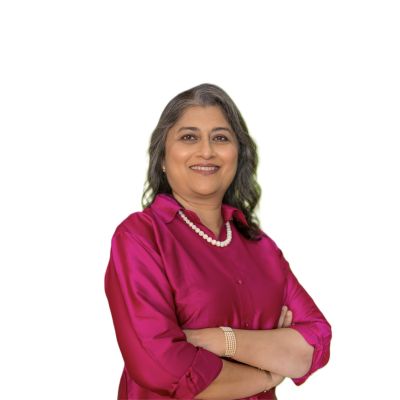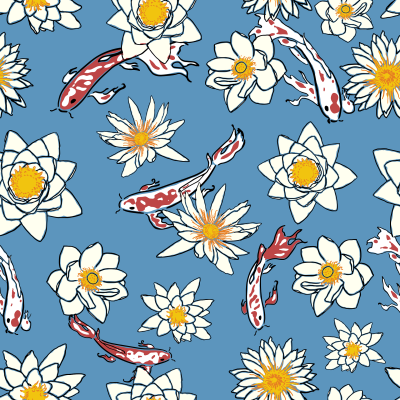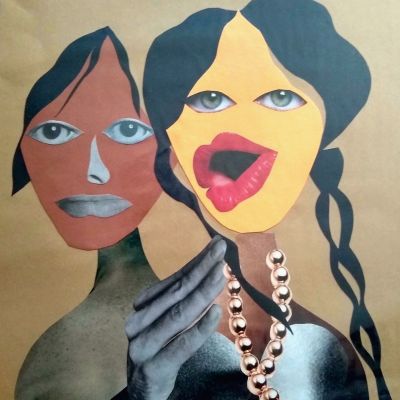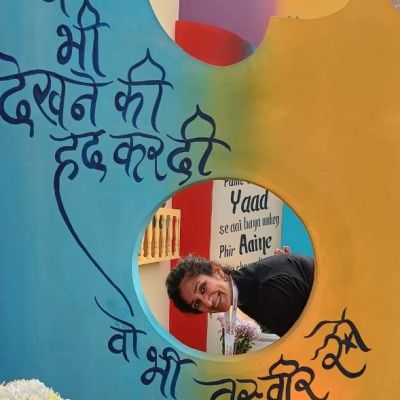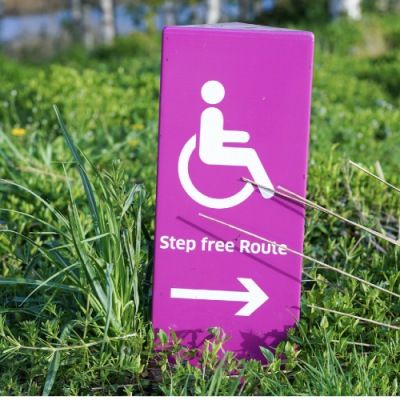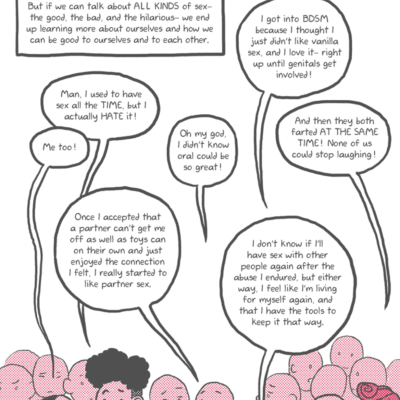SRHR
विकलांगता के साथ जी रहीं महिलाओं (Women with Disabilities/WWD) को यौन और प्रजनन संबंधी स्वास्थ्य देखभाल और अधिकारों पर ज़रूरी बाचीत
If you’ve got a body, in which you’re going to negotiate this life, you have to know how it works.
Getting to know who I really am has been a game changer. Prejudice, anger, control and violence all emerge from fear.
Ensuring the protection of sex workers’ physical and emotional wellbeing, as well as safeguarding their rights to life, profession, labour freedom, health, and reproductive and sexual rights is fundamental within a constitutional democratic society.
Now, what you need is a good enough smartphone and sufficient data – these are the real “superstar” in the love affair between Big Tech and CSE.
व्यंग छुपी हुई हंसी को बाहर लाने का अवसर देता है। प्रतिभागी जो आज तक इन मुद्दों को गंदा, कलंकित या महत्वहीन मान कर छुपा रहे हैं अब कम से कम उनपर हंस सकते हैं।
There may already be another organisation in the community to share resources with but for community-led initiatives, a shared perspective on Safe, Inclusive, Sexuality-Affirming (SISA) spaces is also important. Sometimes when the shared perspective is not there, that becomes a challenge.
Both sexuality and disability are complex terrains, offering a realm of possibilities that are often made unnecessarily complicated and unattainable by the mental maps we draw of them and the artificial barriers we erect.
Disabled people might not have many spaces where they can speak openly about their sexual experiences or even sexual curiosity. There is a heavy monitoring of disabled young people especially, and this can mean that exploration, which is often how many of us discover sexuality, can be limited. Moreover, since the experiences of disabled people are not seen in popular media such as films, we can (and probably do) imagine we will have the same or similar experiences as non-disabled people – which is often not possible.
I cannot let anyone see the stretch marks, the cellulite, the saggy breasts. I cannot reveal my hideous body. I feel anxiety well up inside me even as I visualise this eventuality. I read about ten ways for a fat person to have meaningful sex. I learn that throwing a cloth over the bedside lamp will help hide my flaws.
What vindicates the argument that women with disabilities (WWDs) should be deprived of sexual and reproductive healthcare and rights is scary. Harmful stereotypes of WWDs include the belief that they are hypersexual, incapable, irrational and lacking control. These narratives are then often used to build other perceptions such as that WWDs are inherently vulnerable and should be ‘protected from sexual attack’.
In the spirit of the Games, I watched the Netflix film Rising Phoenix which documents the history of the Paralympics and its impact on the world in making visible the topic of disability. It also tracks the personal and professional journey of some of the top Paralympic athletes who share their challenges, frustrations and motivations.
Everyday Feminism’s comic illustrates the complexity and diversity of sexuality, revealing how sex can sometimes be pleasure-affirming and sometimes not, and asks us to talk about ALL KINDS of sex – the good, the bad, and the hilarious.
Dr. Lindsey Doe debunks myths around disability and sexuality, at once carving out space for affirming and inclusive discussions and challenging negative and harmful stereotypes. Emphasising the sexuality of people with disabilities as rich and diverse, Lindsey wonders what inclusive sexual and reproductive health and rights really mean.



